Published in the Sunday Vijay Karnataka on 20 October, 2024
…Had they not mentioned it, I probably wouldn’t have noticed, and I would’ve been in a better mood throughout…
I travelled to San Francisco in February this year to visit our younger son, Raj, for ten days. Despite the time being short, everything went smoothly. It's funny how being pressed for time makes you more organized. That's one reason I enjoy traveling occasionally—it helps me get things done more efficiently. I was glad that tasks which would have taken longer at home were accomplished quickly. Even though some work awaited in the next ten days, I knew I'd get to spend plenty of time with Raj.
Sixteen hours of air travel lay ahead, so I thought I'd use the time wisely. I planned to write both of the newspaper articles for the following week, watch a couple of good movies, and still get seven to eight hours of solid sleep. With that in mind, I left for the airport. Suparna Jadhav from the Air Reservations team had booked me a seat in the first row, so there were no concerns about seat availability since I was traveling on an independent ticket.
At the airport, I checked in my luggage and waited for the boarding pass. I noticed something unusual with the staff at the counter—one of the agents kept glancing at me, then back at the screen. After consulting her senior, she came back with an apology: "The cabin door for your seat isn't working." I was taken aback but said, “Okay, then change my seat.” But then she informed me, “That’s the issue. The flight is full. There’s one seat in the third row, but its tray table isn't functioning properly either.”
Frustration began to set in. So I had two choices: a faulty door or a broken tray table. Irritated, I asked, “Is this what I get for booking so early?” My voice cracked slightly. I wasn’t a VIP, but as a CIP (commercially important person), two more senior staff came and confirmed the situation. There was no other option. I rejected the third-row seat and kept my original one, intending to work on the flight. Although I tried to stay positive, the experience had already soured my mood.
After going through security, immigration, and boarding, I reached my seat. Sure enough, the door was taped shut, constantly reminding me of the issue. Still, I spent the first eight hours writing, followed by watching two Japanese movies. Surprisingly, I never even needed to open the door. The flight was quite compact, with no extra space, so claustrophobia could have been a concern. Fortunately, the crew was fantastic, offering great service throughout the flight.
I make it a point to stay hydrated during air travel, and the flight attendants were diligent, bringing me hot water regularly. I usually prefer not to eat much on planes, opting for lighter meals like fruits and salads. I once flew from New York to Singapore—nineteen hours—and didn’t eat a thing! It’s all about self-control, and this time, I kept it light again with just fruits and salad.
Despite the initial hiccup, the journey turned out to be enjoyable. Between writing, watching movies, and getting some rest, I arrived in San Francisco before I knew it. Many of the crew members on the flight were Marathi, and when I spoke with their team leader, I shared my feedback: “The journey was great, but the mood soured at the start when I was told about the door issue. Had they not mentioned it, I probably wouldn’t have noticed, and I would’ve been in a better mood throughout.” She explained, “We have to inform passengers when something is broken—it’s protocol.” This minor incident highlighted an important lesson: timing is everything.
As a passenger, I approached the situation from my perspective, whereas the airline had theirs. It's a reminder that in business, especially in travel, timing plays a critical role in communication. For instance, at Veena World, we inform our tourists of changes or issues in advance, whether it’s due to weather, airline changes, or other unforeseen events. We always ensure there’s a good alternative in place to keep their spirits up.
Timing is vital in life too. I remember my parents telling me after some mischief, "You don't know when to speak!" That lesson sticks with me, especially in our business. As a tour manager, and now, guiding others, we are constantly aware of the importance of timing. Whether it's delivering good or bad news on a tour, knowing how and when to communicate makes all the difference. Imagine if a tour manager broke bad news with a smile or good news with a gloomy face—chaos would ensue!
When I used to guide tours, I often gave tourists simple advice about timing—whether for food, shopping, or bathroom breaks. "Should I eat now or later?" I’d always suggest not overeating. "Should I go to the bathroom now or wait?" Don’t hesitate—go now! And for shopping, "Should I buy this now or wait?" If you like something, buy it then and there, because it might not be available later.
I once ignored my own advice. On a trip to Portugal in November last year, I wanted to buy a colourful rooster souvenir, but I passed on it, thinking I’d find a better one. For the rest of the trip—from Fatima to Lisbon to the Algarve—I searched for that rooster. I eventually settled for a plain white one, but the colourful rooster haunts me to this day! I'll need to go back to Portugal just to buy it.
That’s what happens when you overlook the importance of timing. Even a small "when?" can make a big difference, financially and emotionally.










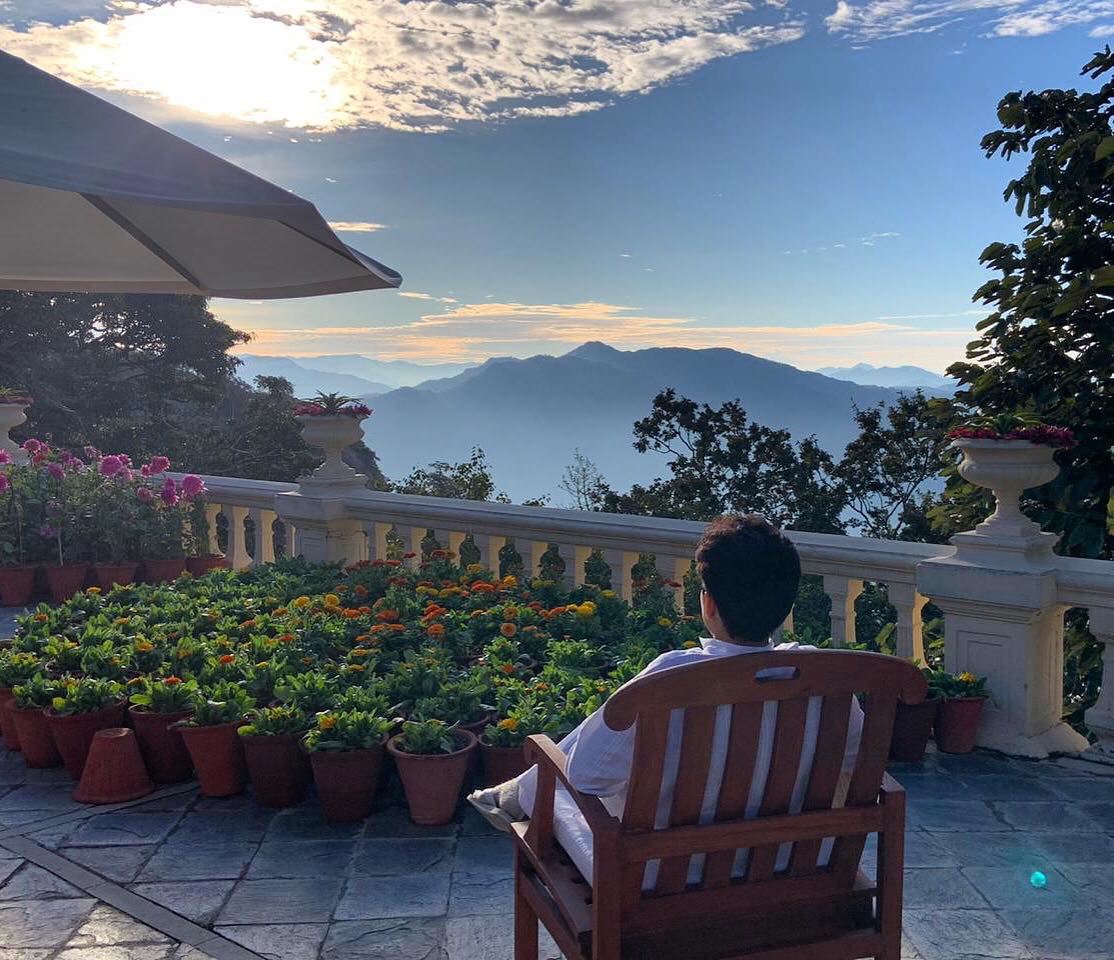








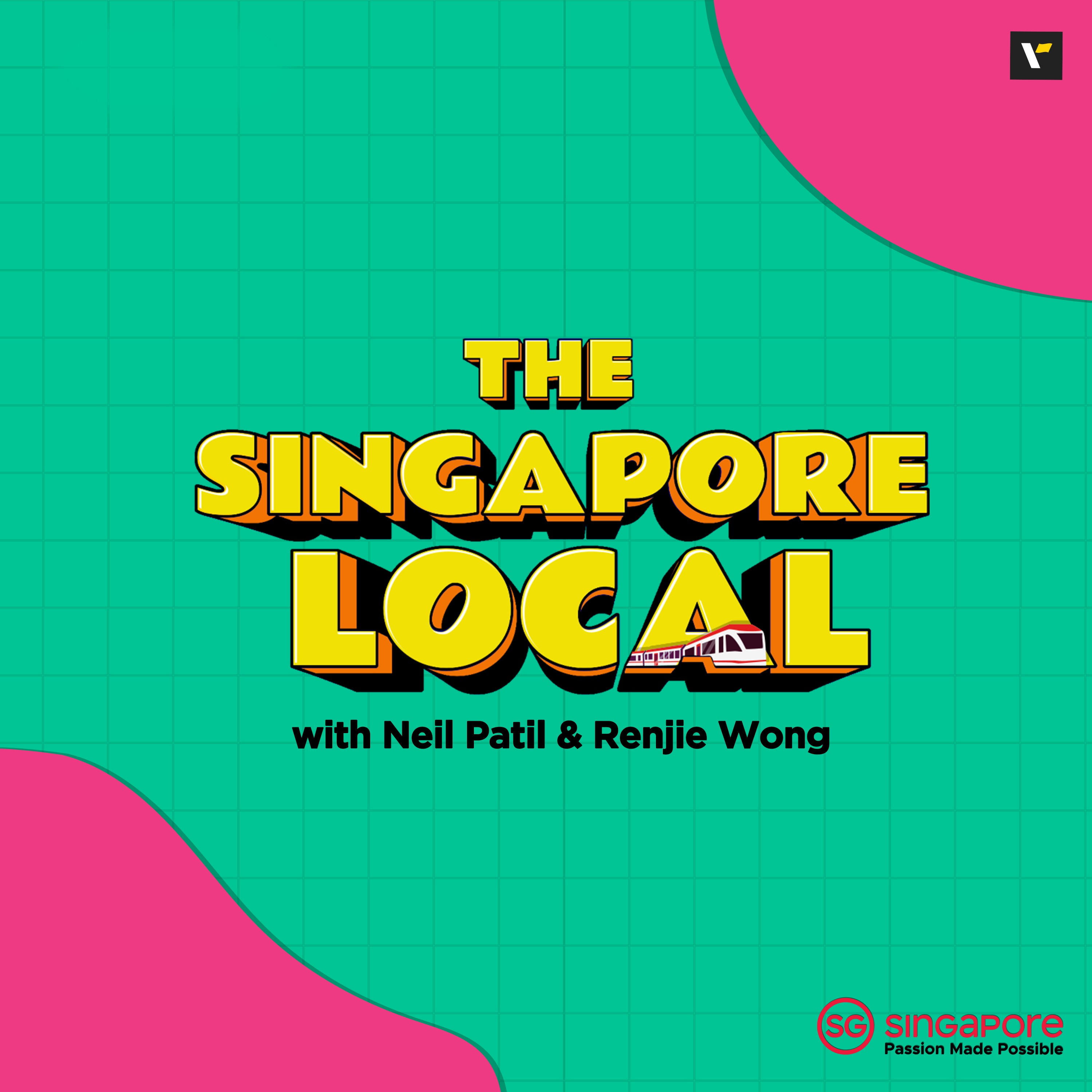

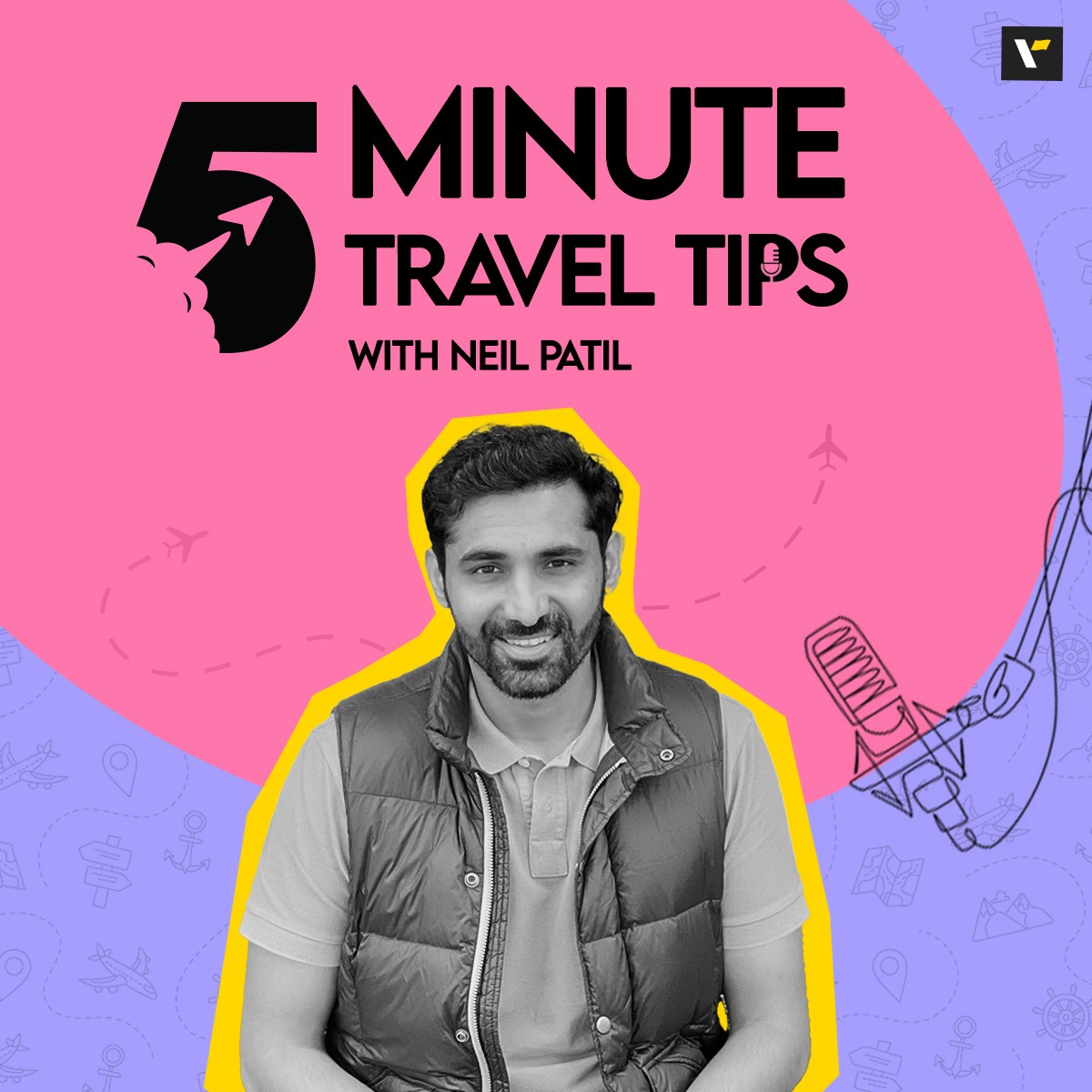















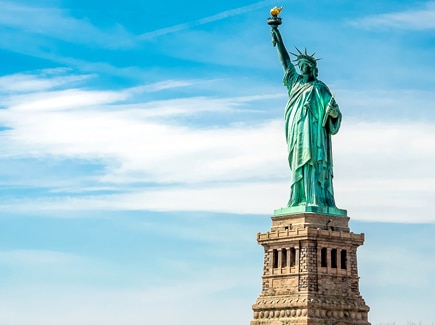
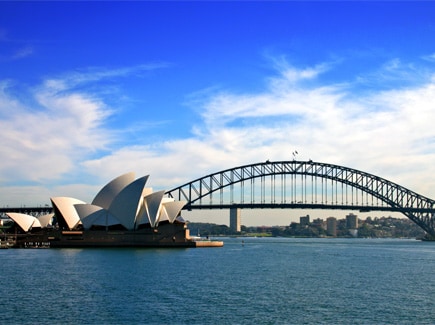


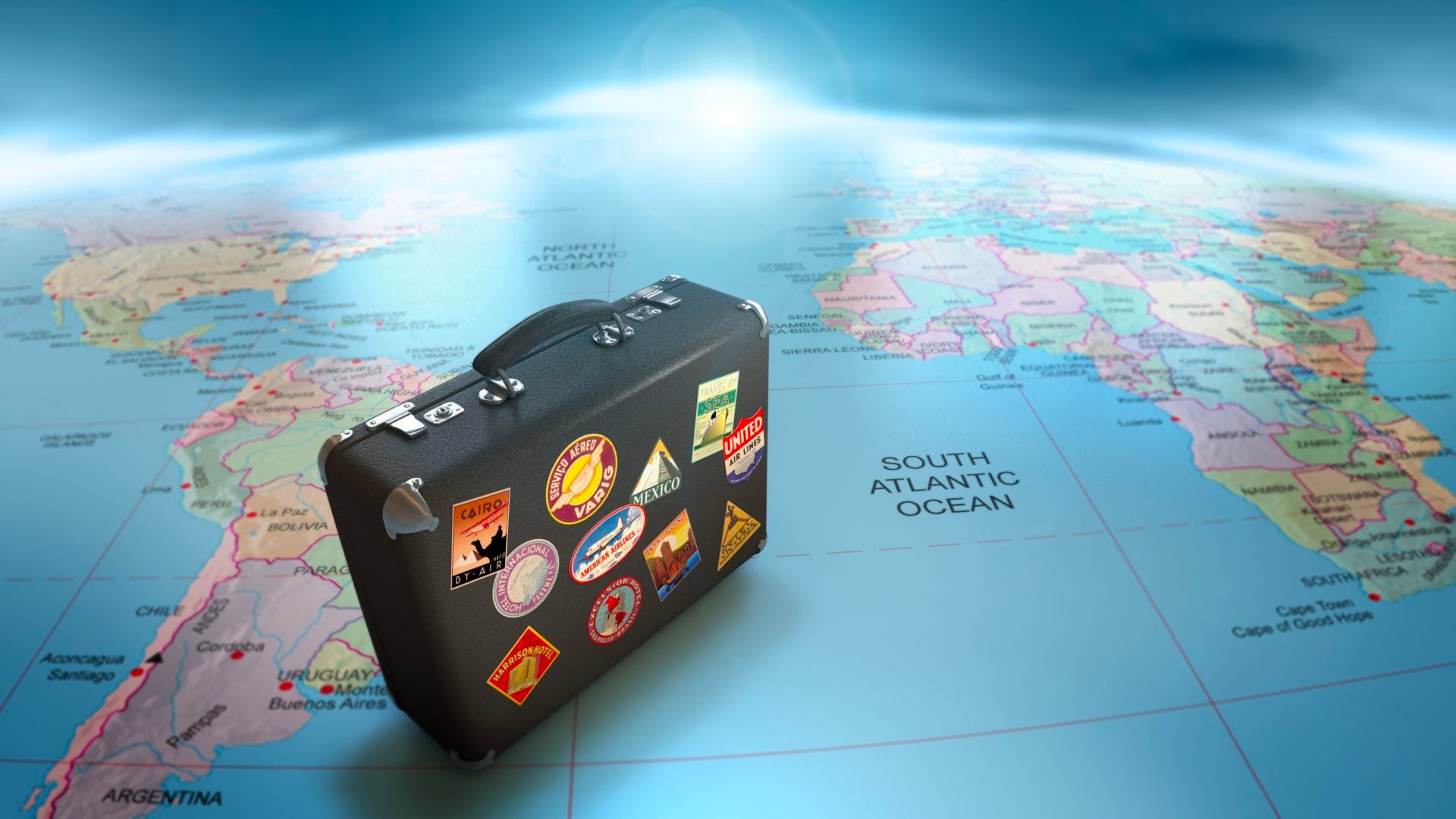

Post your Comment
Please let us know your thoughts on this story by leaving a comment.